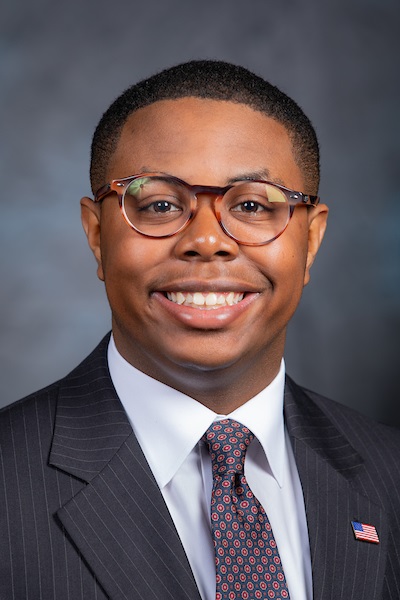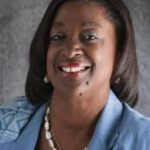By George Pratt, Contributing Writer
In a 1989 TV broadcasted panel discussion entitled “What’s in a Name?,” moderated by journalist Charlayne Hunter-Gault, four panelists debated using the terms Black or African American. The panel featured scholar-activist Ramona Edelin, businessman J. Bruce Llewellyn, revolutionary Pan-Africanist Kwame Ture (Stokely Carmichael), and journalist and cultural critic Leon Wynter.
In Kwame Ture’s argument for the use of African, he explained that Africans were brought to America as chattel under the system of capitalism. He noted that one of the first political organizations to fight against internal colonialism was the Free African Society (FAS). Additionally, he cited that the first autonomous organization for Africans in America was the African Methodist Episcopal (AME) Church.
When considering the origins of the AME Church, it is essential to underline that the liberationist work done by the FAS was in the form of mutual aid, a type of communal work fueled by political action in which there is a voluntary and reciprocal exchange of resources and services for collective gain. This method of reciprocity for the mutual benefit of community was not an invention of the free Africans who founded the FAS and subsequently the AME Church, but native to their African homeland and indigenous communities worldwide.
The freedom work done by Richard and Sarah Allen and the other founders of the AME Church were also rooted in resistance. Bishop Allen preached abolition and encouraged his fellow Africans to assist their enslaved siblings directly. The Mother Bethel Church assisted and housed Africans who escaped enslavement and exploitation, as was the practice of many AME churches during the early and middle years of the African struggle against American capitalism.
The present reality is that the masses of African people in the United States and across the Diaspora are subjected to state-sanctioned violence and are poor and working-class, exploited by corporations that hoard most of the wealth in the world. AME Church founders understood their political reality and that of their siblings. They understood that liberation was only going to come if they fought for it through their own institutions.
Today, the AME Church must ask itself, how are we fighting for liberation for African people across the globe? An answer must come with the realization that when we fight for the mutual benefit of all African people, we are fighting for ourselves. Suppose the Black Church will be part of revolutionary change against the global imperialist powers that oppress our people. In that case, the Black Church must first acknowledge how we have adopted the master’s tools to build our houses. We must be honest and interrogate how we have embraced the Eurocentric emphasis on capitalism, materialism, and individualism and how the masses of people in our churches are exploited, knowingly or unknowingly.
These are critical and challenging questions that should make us uncomfortable. If we are to address these questions of survival, we must first realize who and what we are. We are African people with a rich culture, history, religion, and worldview. As such, we must unify, reconcile, and love each other. As a tradition rooted in Christ consciousness, we must realize how the commandment to love may offer us liberation.





